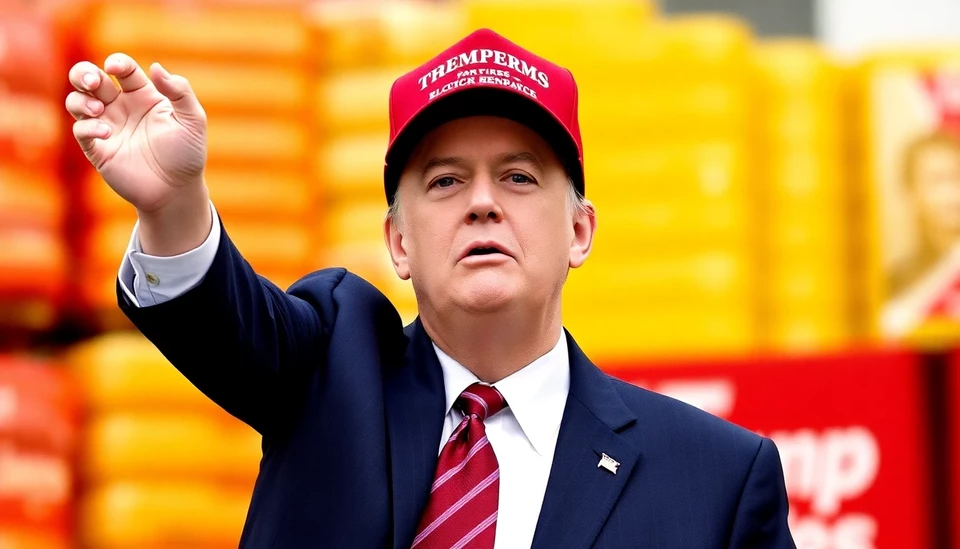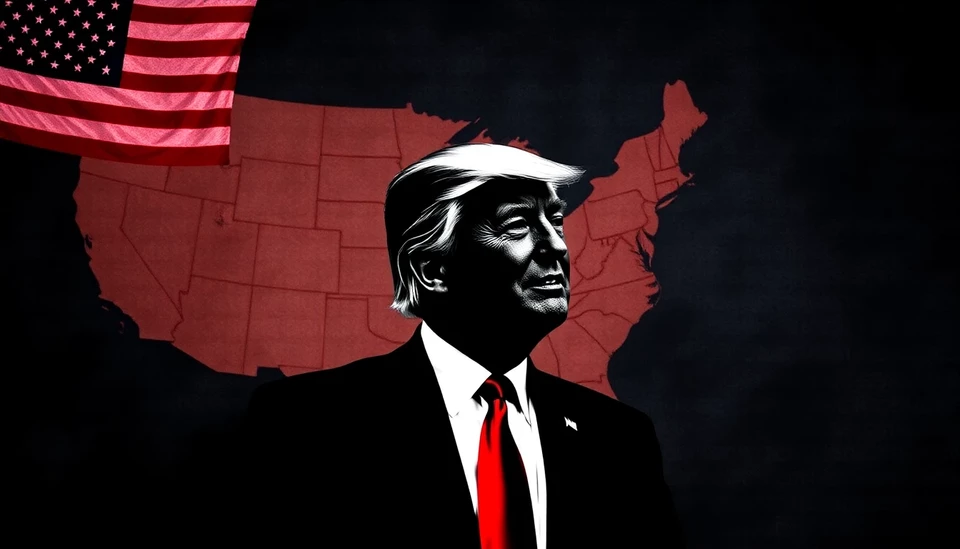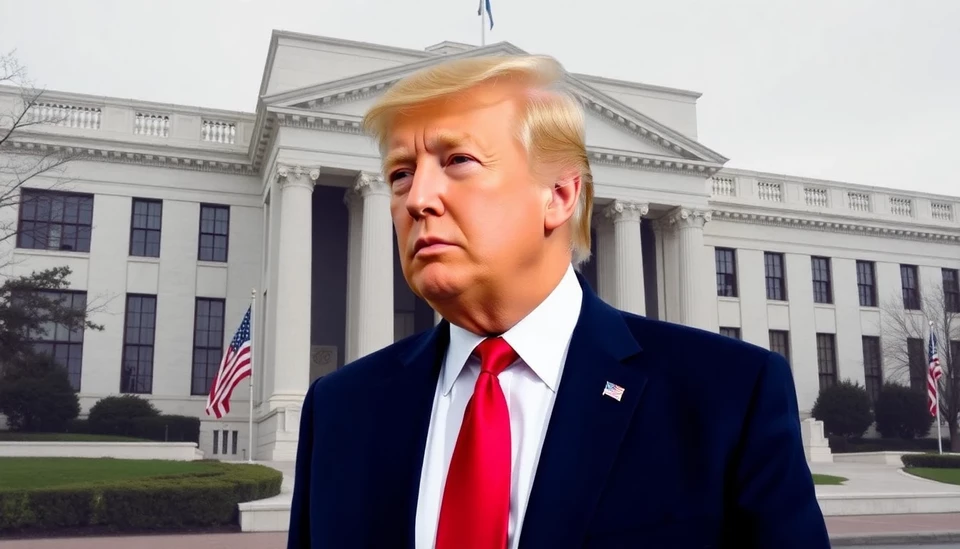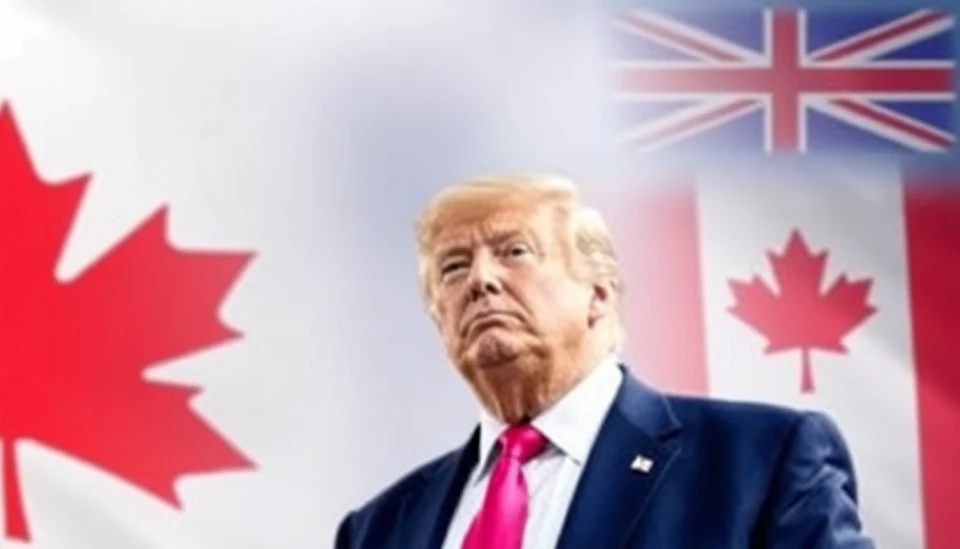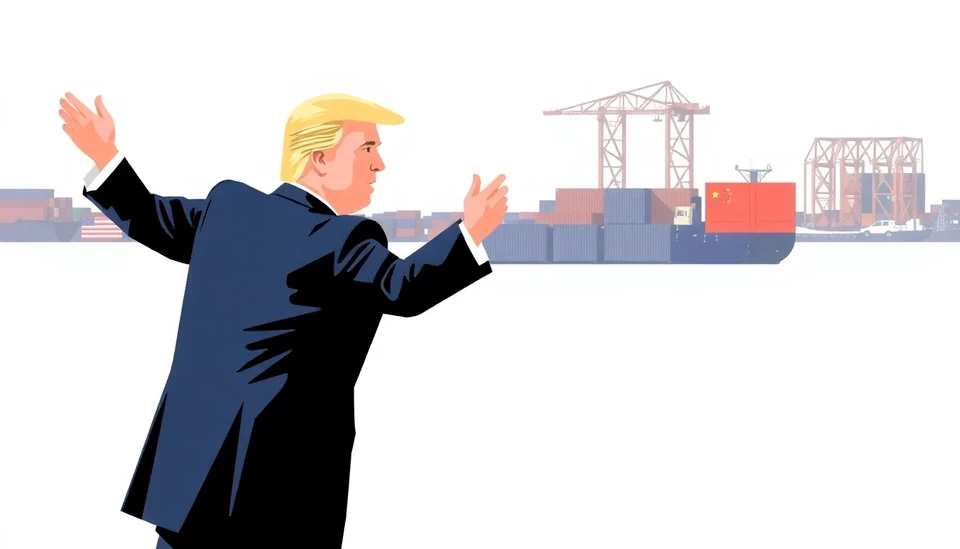
In recent developments regarding U.S.-China trade relations, former President Donald Trump has taken a calculated yet incremental step that could reshape the economic landscape between the two nations. This move comes as both parties seek to navigate the complexities of international trade, with China expressing a desire for more significant advancements while the U.S. adopts a more cautious approach.
Trump's latest decision involves a modest increase in tariffs on Chinese imports, responding to ongoing concerns about competition and trade imbalance. While this action may appear minor at first glance, industry experts suggest it may serve as a litmus test for future negotiations. The former president's administration has long maintained that tariffs are necessary to protect American jobs and industries from what they perceive as unfair competition from China.
Despite Trump's previous promises to reduce tariffs, this recent adjustment indicates a shift in strategy, possibly aimed at galvanizing his political base ahead of the upcoming elections. Analysts believe that such moves may appeal to voters who prioritize economic nationalism and are concerned about the implications of free trade on domestic employment.
China, on the other hand, is pushing for broader negotiations that could culminate in a complete resolution of tariffs. Chinese officials are advocating for a comprehensive trade agreement that would address longstanding grievances while also enhancing mutual economic cooperation. This dichotomy in approach reflects the broader tensions that continue to characterize U.S.-China relations.
Observers are closely monitoring how this development will impact both countries. China's response to the tariff increase could lead to retaliatory measures that may further complicate trade dynamics. Additionally, the effectiveness of Trump’s strategy will hinge on how it is perceived domestically and internationally, particularly as economic indicators fluctuate within both nations.
As the situation unfolds, it remains evident that U.S.-China trade relations are at a critical juncture. The implications of Trump's decision could extend beyond mere economic exchanges, potentially influencing diplomatic ties and global trade policies.
In conclusion, while Trump’s current maneuver may seem like a small step in the grand scheme of U.S.-China trade, it may carry significant weight in determining the trajectory of relations between the two economic powerhouses. As both nations prepare for possible future negotiations, the world watches closely to see how these dynamics continue to evolve.
#TrumpTrade #ChinaTariffs #USTradePolicy #EconomicRelations #InternationalTrade
Author: Laura Mitchell
